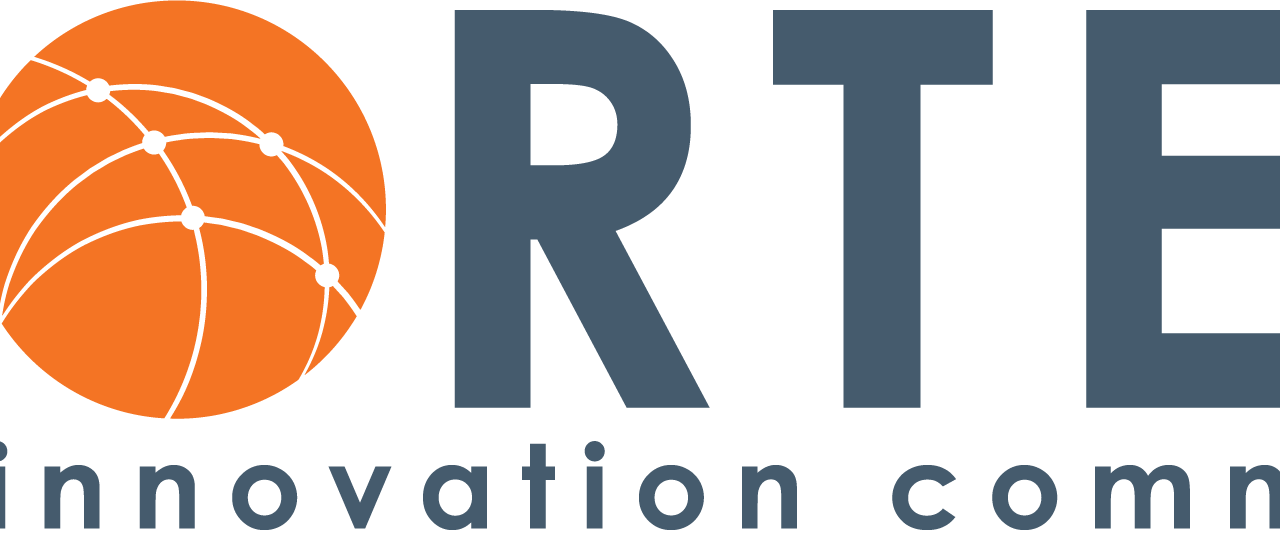The Cortex Innovation Community, Washington University in St. Louis and Saint
Louis University today announced that Vir Biotechnology Inc., a San Francisco-based immunology
research company focused on treating and preventing serious infectious diseases, is expanding
its presence in the growing St. Louis bioscience community.
Vir’s new innovation lab and offices in Cortex will support the company’s research into the
interactions between infectious organisms and the people they infect. In coming to St. Louis, Vir
joins a vibrant immunobiology and microbiology research community, which includes world
leaders in the study of alternatives to antibiotics for bacterial infections; infections and
inflammation in the brain; and the wide-ranging influence of the microbiome – the community
of bacteria in our digestive tracts – on health and disease.
“Vir is thrilled to be a part of the thriving St. Louis biotechnology community, which is still a bit
of a ‘hidden gem’ in the industry, offering exceptional talent and academic productivity,” said
Herbert “Skip” Virgin, MD, PhD, chief scientific officer of Vir.
“Our close proximity to distinguished academic and scientific institutions, as well as leading
medical centers, will be an important addition to our ongoing efforts to prevent and treat the
world’s most serious infectious diseases,” said Lisa Purcell, PhD, vice president of microbiology
and virology at Vir and St. Louis Site Head.
David H. Perlmutter, MD, Washington University’s executive vice chancellor for medical affairs,
the George and Carol Bauer Dean of the School of Medicine, and the Spencer T. and Ann W. Olin
Distinguished Professor, said, “We are excited to welcome Vir to St. Louis, which is already home
to an impressive list of companies and researchers. We are particularly thrilled that the
company’s research efforts are led by Dr. Skip Virgin, former head of Washington University’s
Department of Pathology & Immunology. Skip made numerous brilliant contributions to the
science of immunology and infectious disease during his 30-year tenure at the School of
Medicine.”
Recognizing the advantages of having a company like Vir in the neighborhood, Washington
University relinquished some of its space in Cortex to accommodate Vir. Renovation of the space
is just beginning. “Having a leading company in the field right next door opens up many
opportunities for collaboration and the potential to bring new discoveries to patients much more
quickly,” said Jennifer K. Lodge, PhD, Washington University’s vice chancellor for research.
While Vir’s Cortex space is being renovated, Vir’steam has found a home at Saint Louis University,
which hosts one of only ten NIH-funded vaccine treatment and evaluation units. SLU’s Center for
Vaccine Development studies infectious diseases and treatments, develops new or improved
vaccines, and provides rapid-response capabilities in the event of a public health crisis. The
Center has conducted pivotal research on vaccines for COVID-19, H1N1 influenza, flavivirus,
respiratory syncytial virus (RSV), and tuberculosis.
“It is our pleasure to host Vir on SLU’s campus. Having leading industry scientists in the same
building as our leading biomedical researchers provides opportunity to realize scientific synergies
even before Vir has fully relocated, opening the door for long-term collaboration,” said Kenneth
A. Olliff, SLU’s vice president for research and partnerships.
Vir’s laboratory and office space will be in the @4240 building developed by Wexford Science +
Technology in the 200-acre Cortex Innovation Community. Cortex offers access to established
and startup biotechnology companies, university technology transfer, entrepreneurial
programming, proximity to partners at Washington University School of Medicine, Saint Louis
University School of Medicine, and the BioGenerator Accelerator Labs and BioSTL, the region’s
hub of biotechnology activity.
“Cortex is thrilled to welcome Vir Biotechnology to the district. Vir’s touchpoints in St. Louis,
including with institutions Washington University and Saint Louis University, and Vir’s interest in
attracting and developing a diverse workforce mesh perfectly with Cortex’s strategic direction,”
said Sam Fiorello, president and CEO of Cortex Innovation Community.
Collaborating to support Vir’s expanded presence in St. Louis were Greater St. Louis, Inc.,
Missouri Partnership, Missouri Department of Economic Development, St. Louis Economic
Development Partnership and St. Louis Development Corporation.
“Biotech was identified in the STL 2030 Jobs Plan as one of five strong clusters with the potential
to drive future growth in the St. Louis region’s economy, and anchor institutions like Cortex, the
Danforth Center, and 39 North have established St. Louis as a global destination for the sector,”
said Jason Hall, CEO of Greater St. Louis, Inc. “Vir’s arrival further highlights our strength in
biotech, and we welcome them to St. Louis.”
About the Cortex Innovation Community
Founded in 2002 through a collaboration of Washington University in St. Louis, BJC Healthcare, the University of
Missouri-St. Louis, Saint Louis University, and the Missouri Botanical Garden, the Cortex Innovation Community
(CortexSTL.com) is a nationally and internationally recognized hub of innovation and technology commercialization.
It serves as an anchor in St. Louis’ growing ecosystem of innovative startups and established companies. Cited by
the Brookings Institution as a Best Practice among global urban innovation districts, Cortex is home to 425
technology-related businesses, and it provides a deep pool of entrepreneurial support programs available to the
entire St. Louis community.
###




